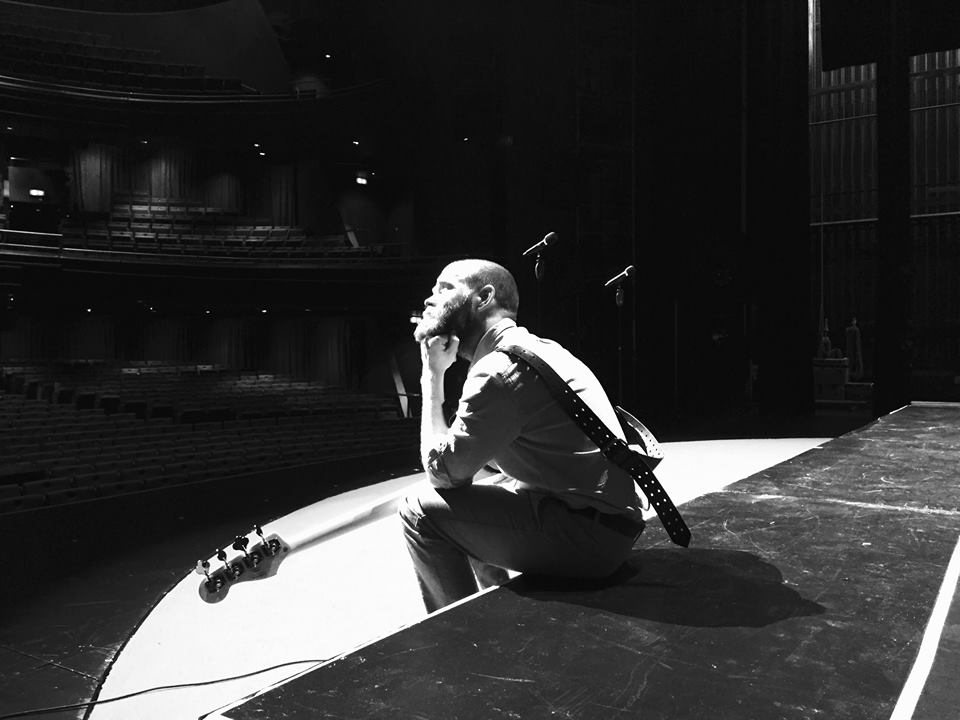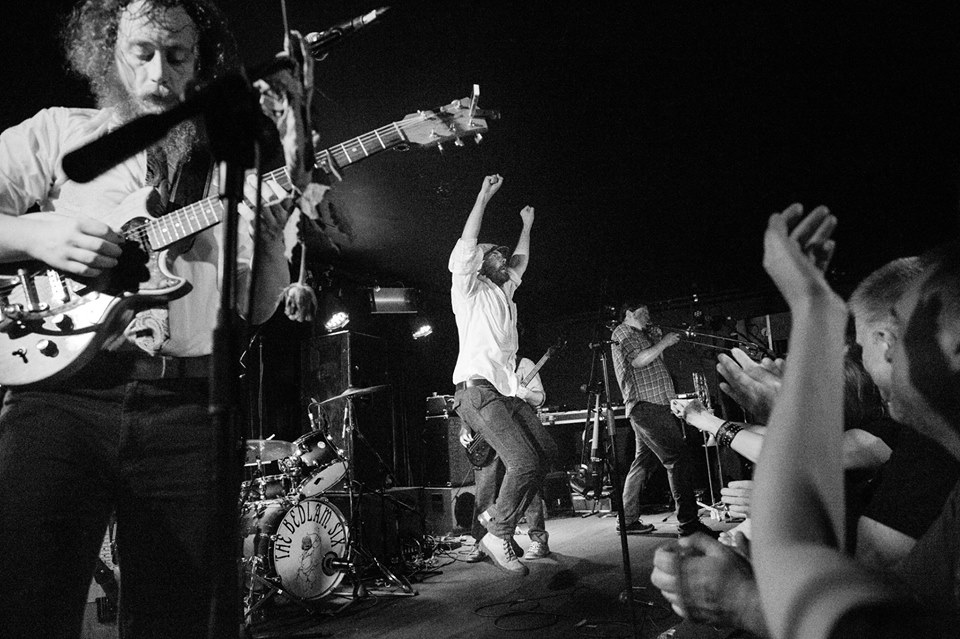Members of the Bedlam Six have not been in the same room together since our final show in 2016. Now, in lockdown, we’ve reunited via the internet to record a song raising money for the Music Venue Trust, helping independent venues struggling against the challenges of COVID-19. The song can be downloaded here.
The track was originally written as part of a scene for the musical I’m composing for, featuring a father giving encouragement to his young daughter. When the script went a different way this song got chucked in the bin, so I’m glad it has found a new life with my old band!
Watch the music video (featuring band members coping with isolation as best they can) here





